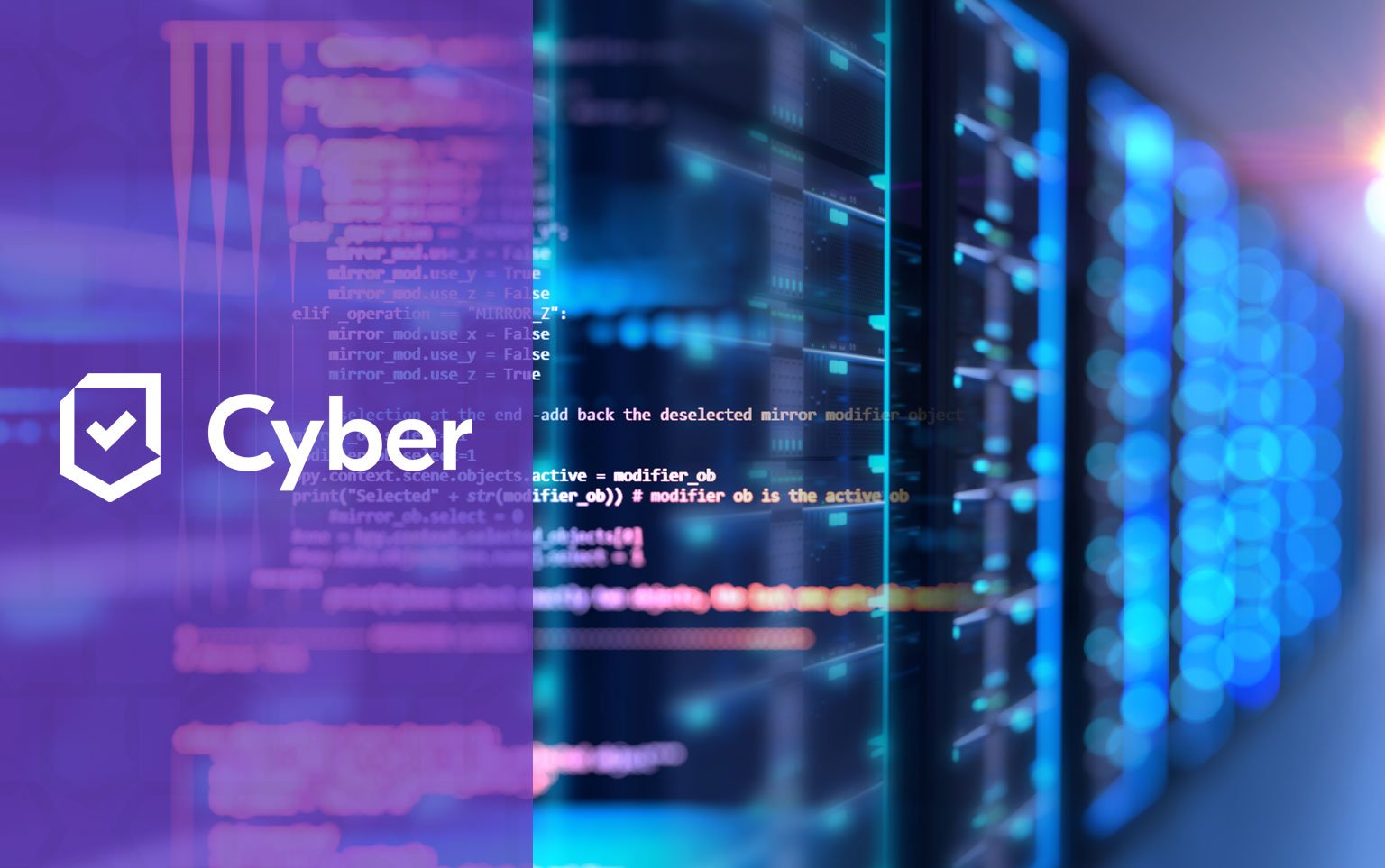How do you become an Ethical Hacker, is there a career pathway?
When I was in Sri Lanka, I completed my Advanced Level (Combined Maths Stream) and got selected to university in 2015. While pursuing my university studies, I completed Cisco IT Essentials, Cisco CCNA Certification, Microsoft MCSA Certification, and Red Hat Certification (RHCSA) because I had a dream of becoming a Cyber Security Engineer. I knew I needed to learn networking, system engineering (infrastructure, Windows, Linux environments, etc.) before entering the cyber security field. As I expected, those certifications and practical knowledge helped me pass my degree.
Afterwards, I completed Microsoft AZ-900 and SC-200 certifications, which are related to the cyber security analyst role. When I finished my internships and started my proper cyber security role, I realised I needed to dive deeper into this field and learn defensive and offensive security methods. So, I selected the Certified Ethical Hacker (C|EH) certification course.
It helped me a lot to learn many tactics and techniques of cyber security and gave me extensive experience with security-related tools. We can understand how attackers find and gain information to attack systems, the tactics they use, and the remedial actions and tools we can use to mitigate these activities. This knowledge helped me perform my role as an ethical hacker effectively.

